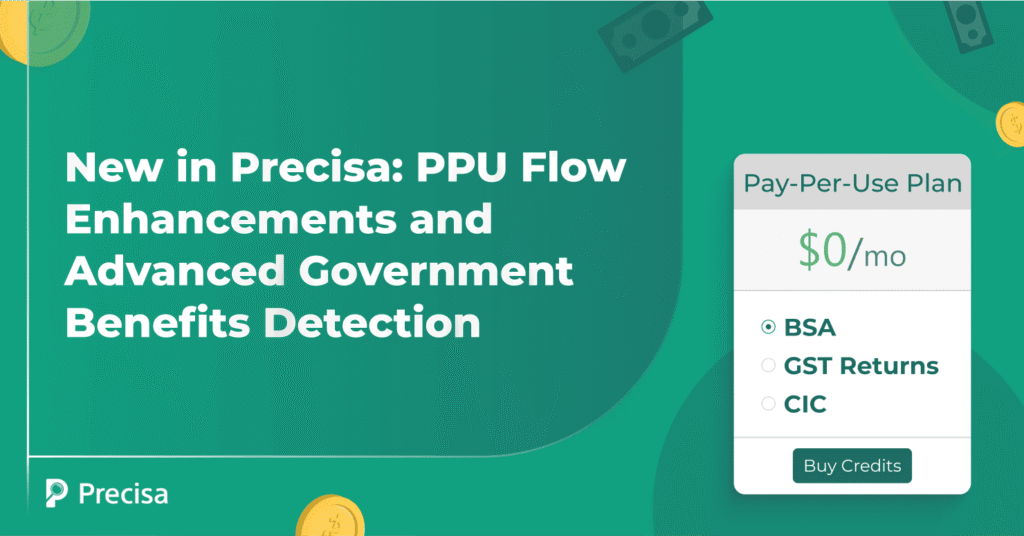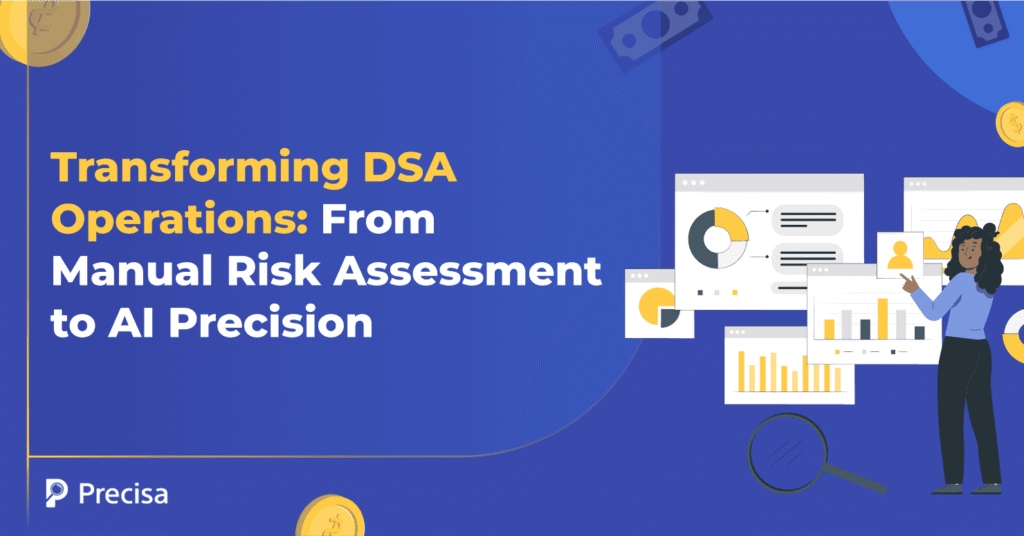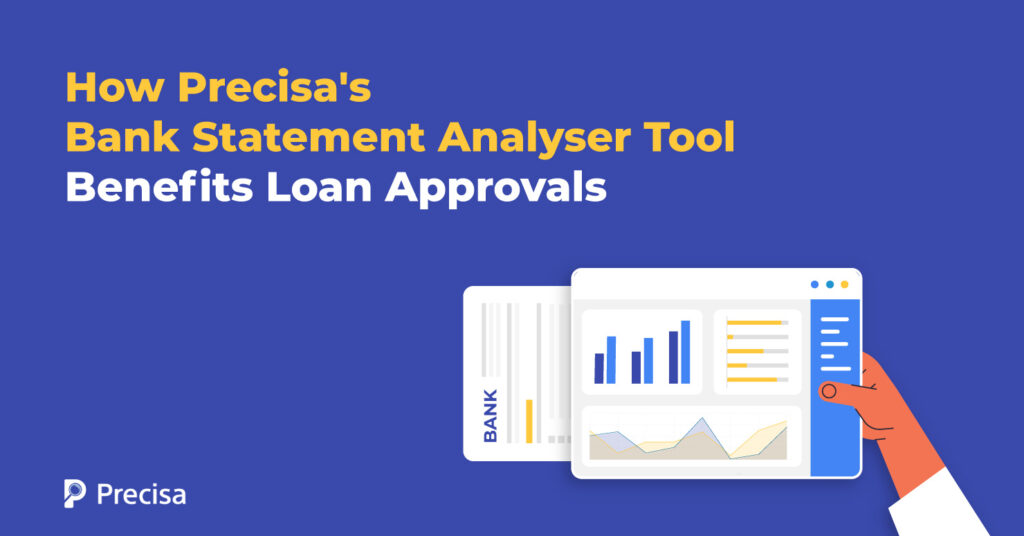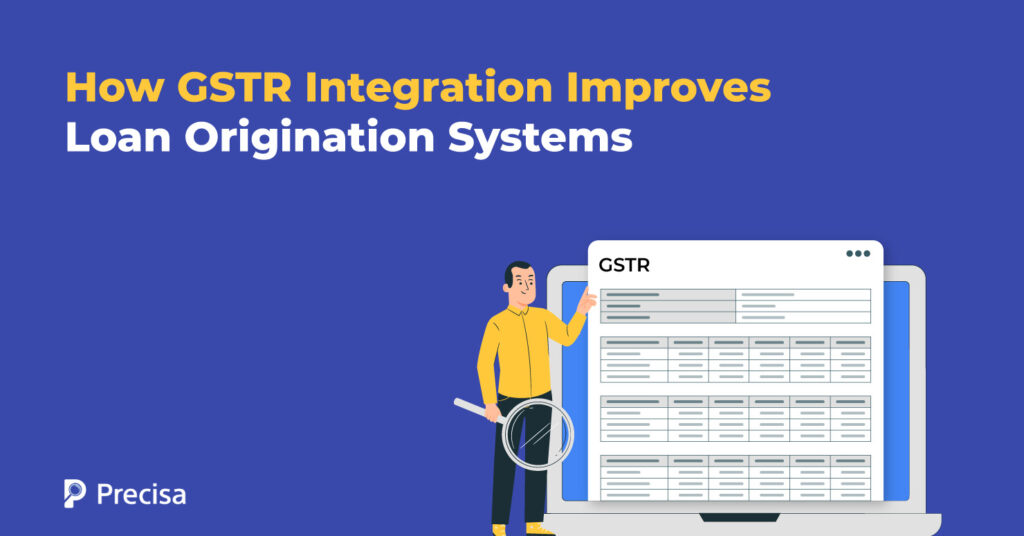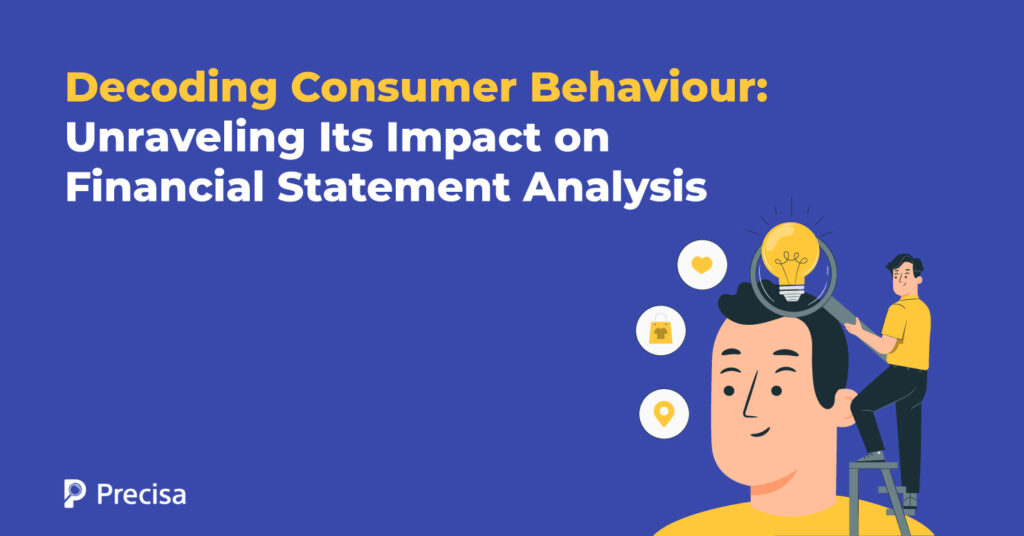We’re excited to announce the release of the most significant update of Precisa, delivering enhanced Pay-Per-Use capabilities and automatic government benefits detection in transactions. This release addresses the top user requests for flexible credit purchasing whilst advancing financial inclusion through intelligent transaction categorisation. Available now for all Precisa users, this update fundamentally changes how lenders […]
How Precisa’s Multi-User Financial Analysis Platform Serves Different Teams
Lending has never been a one-person job. Credit risk managers, compliance officers, and other financial teams must review the same applicant bank statements before making a decision. However, doing this manually without the right financial analysis platform can lead to costly errors. Consider this: data shows that 43% of occupational frauds were caught through tips, […]
14 Red Flags in Bank Statements That Predict Loan Defaults
Loan defaults are surging in India, especially for small-ticket and unsecured loans sectors. According to new data from March 2025, delinquencies (overdue by 90 days) spiked to 3.6%. Default rates are notably high among young borrowers and those in tier-3 cities. While traditional risk-scoring methods work fine, they rely heavily on credit history and CIBIL […]
Transforming DSA Operations: From Manual Risk Assessment to AI Precision
Today, the landscape for DSA Services and Direct Selling Agent operations is ͏shifting͏ ͏fast. Historically, ͏Direct Selling Agent teams͏ ͏u͏͏sed manual risk͏͏ assessments,͏ relying on spreadsheets, gut feel, and ͏time͏͏‑intensive ͏paperwork. That approach led ͏to slow ͏decisions and higher operational ͏risk.͏ Now, emerging ͏͏AI tools ͏offer precision: predictive analytics, ͏natural language processing͏, and real-time ͏͏monitoring. […]
From 30 Days to 30 Minutes: How Automation is Revolutionising Financial Due Diligence
Ask any loan officer what takes up most of their day, and you’ll hear the same complaint: bank statement reviews. Think about it – if you’re spending 2-3 hours per application, that’s basically half your work week just on paperwork. No wonder loan officers are burning out. Sure, this manual approach worked fine when processing […]
5 Key Challenges for Fintech Startups in India – And How to Solve Them
Over the last five years, the fintech industry in India has grown by leaps and bounds. As of September 2024, the combined valuation of all Indian fintech startups was estimated to be $125 billion. However, despite their success story, startups often grapple with a slew of challenges. For instance, the regulations governing fintech startups are […]
How Precisa’s Bank Statement Analyser Tool Benefits Loan Approvals
India’s digital lending market is on the brink of a revolution, with projections indicating a surge from 1.8% of retail loans in FY22 to an impressive 5% by FY28. This rapid growth is fueled by the increasing demand for convenient, flexible, and swift loan approvals, particularly among younger generations. To capitalise on this trend and […]
How GSTR Integration Improves Loan Origination Systems
India’s demand for credit is vast, yet a significant portion of the population lacks formal credit access. For example, in the MSME sector, only 14% of businesses have access to formal credit mechanisms. The challenges in assessing borrowers’ creditworthiness are one of the main reasons for this. This stems from a lack of transparency and […]
Fintech Companies in India: How Robo-Advisors Are Enhancing Service Delivery
Robo-advisors are automated platforms that recommend personalised investment options and portfolios based on a theme or strategy specific to the user. These advisors leverage customer data and use algorithms to offer advice and are transforming the landscape of fintech companies in India. According to the latest data, assets under management in the robo-advisors market are […]
Decoding Consumer Behaviour: Unraveling Its Impact on Financial Statement Analysis
A customer’s habits play an important role in determining their financial trajectory. For instance, the inability to pay EMIs on time can have an impact on one’s credit score, net worth, assets, and debt. Access to such vital data related to past customer behaviour can help businesses predict future conduct. In particular, adopting technologies like […]

